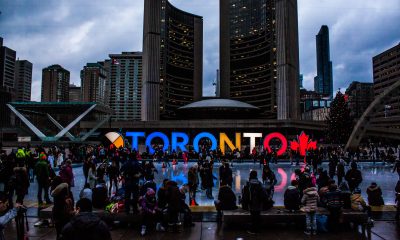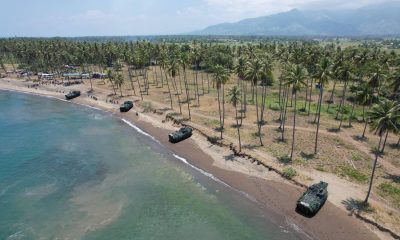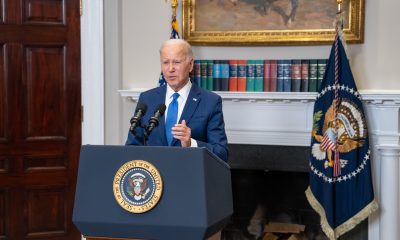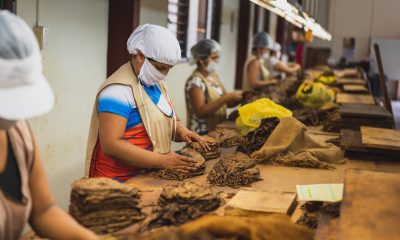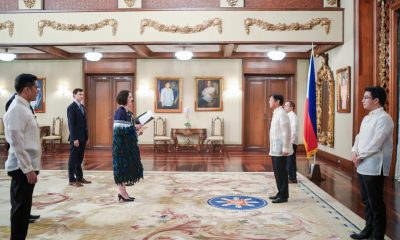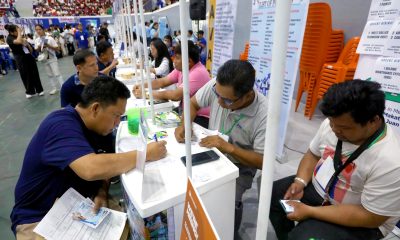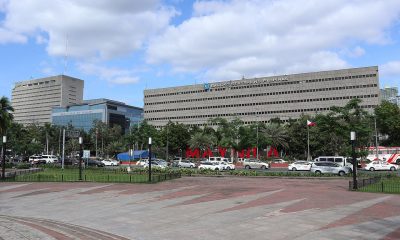News
Honduras regrets US move to end temporary protected status
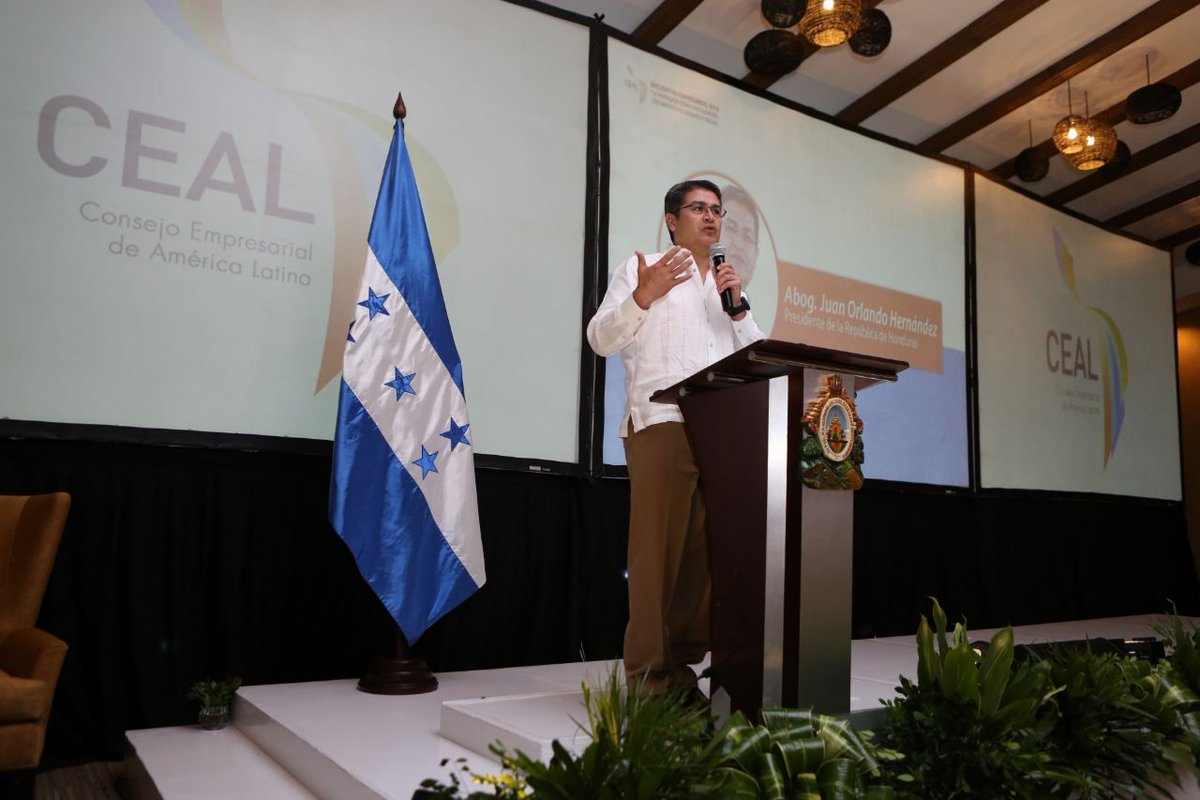
President Juan Orlando Hernandez’s government expressed regret over a U.S. move Friday to end temporary protected status, or TPS, for tens of thousands of Hondurans who have resided in the United States for nearly two decades. (Photo: Juan Orlando H./Twitter)
TEGUCIGALPA, Honduras — President Juan Orlando Hernandez’s government expressed regret over a U.S. move Friday to end temporary protected status, or TPS, for tens of thousands of Hondurans who have resided in the United States for nearly two decades.
The foreign relations ministry said in a statement that it is a sovereign matter for Washington to decide, but added that “we deeply lament it.”
It said returnees “are and always will be welcome in their homeland, where they will be received with open arms,” and “their reintegration into our society will be facilitated.”
The Trump administration announced earlier in the day that it was ending TPS for the 57,000 Hondurans covered under the program. They now have until Jan. 5, 2020, to sort out their affairs before returning home — or try to normalize their migratory status in other ways, such as through marriage or sponsorship.
The figure represents a small fraction of the estimated 1.1 million-plus Hondurans living in the United States, who each year send home remittances totalling some $4.2 billion, or nearly one-sixth of Honduras’ $26 billion gross domestic product.
Still, Hugo Noe, a former Central Bank president and ex-Honduran ambassador to Washington, called the decision “a tragedy that creates uncertainty for so many families.”
“Those Hondurans will fall into illegal status,” Noe predicted. “They will not come back.”
Hondurans covered by TPS join hundreds of thousands of other immigrants from countries battered by violence and natural disasters who are losing permission to be in the United States. In recent months the Department of Homeland Security has also ended protected status for El Salvador, Nicaragua, Haiti, Sudan and Nepal.
TPS was granted for Hondurans after Hurricane Mitch devastated the country, particularly its agricultural sector, in 1998.
Honduras, afflicted by poverty and inequality, regularly posts homicide rates that are among the world’s highest amid rampant gang violence. It is also seen as politically unstable following a 2009 coup and Hernandez’s re-election last year in a vote that was marred by irregularities and denounced by some as fraudulent.
Overall the country is worse off than it was nearly two decades ago post-hurricane, said Michael Allison, a political scientist specializing in Central America at the University of Scranton in Pennsylvania.
“The status of democracy in the country is clearly in doubt with the election of Hernandez and the repression of protesters that has taken place since the election,” Allison said. “The gang violence is much, much worse than it was 20 years ago. … Drug trafficking and organized crime have really taken off since the 2009 coup against (Manuel) Zelaya as well. It’s tough to say things are better.”






